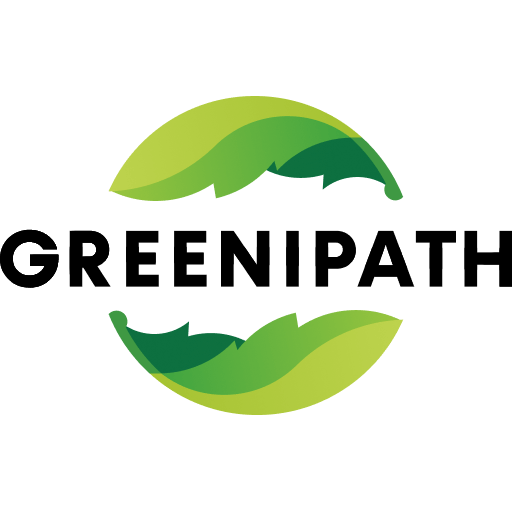-
Icon List Item
-
Icon List Item
-
Icon List Item
- Madagascar
Project Snapshot
Real Climate Action Improving Real Live
37,950 tons
CO2 Reduction per year
60-70%
Reduced fuel consumption per house hold
720 new jobs
Created through the Project
Verified. Trusted. Backed by the UN.
To ensure that every credit protects the planet, this project is certified by Verra’s Verified Carbon Standard, one of the world’s leading carbon registries, recognized by the United Nations.
Impact Beyond Sustainability
This project goes further than sustainability and also supports the following Sustainable Developement Goals:
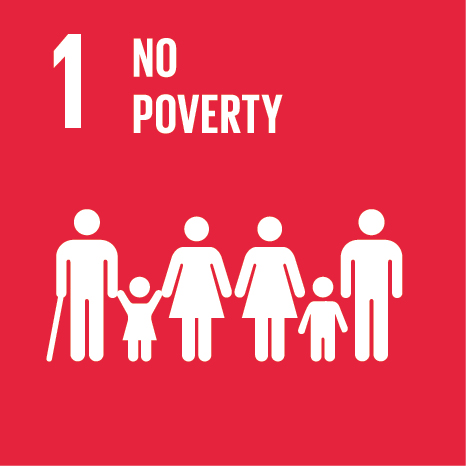
Aims to end poverty in all its forms everywhere.
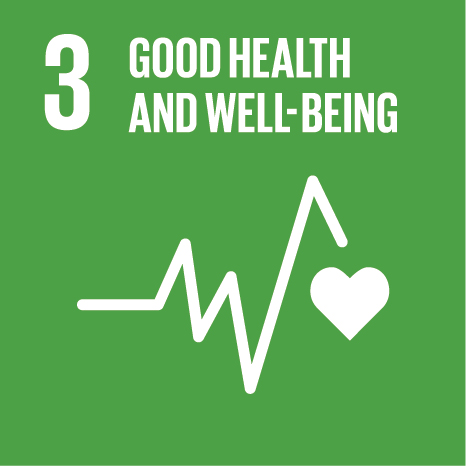
Ensures healthy lives and well-being for all ages.
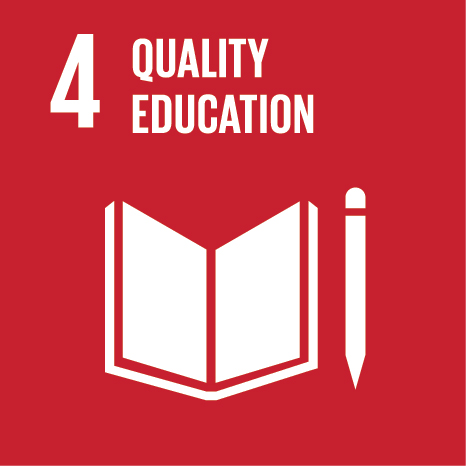
Provides inclusive and quality education for everyone.
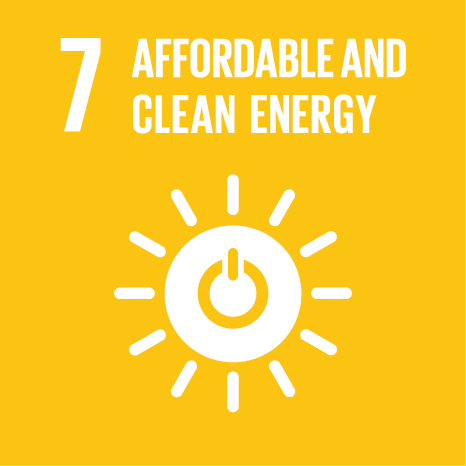
Provides access to sustainable and modern energy.
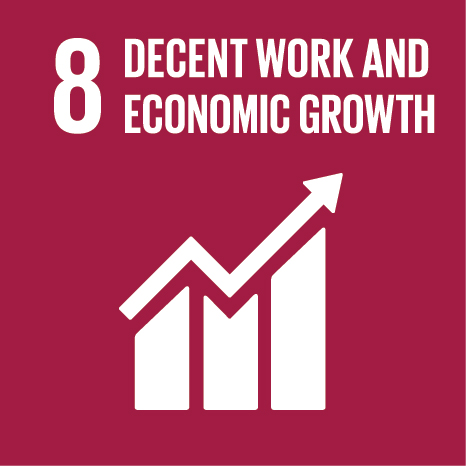
Creates jobs and drives sustainable economic growth.
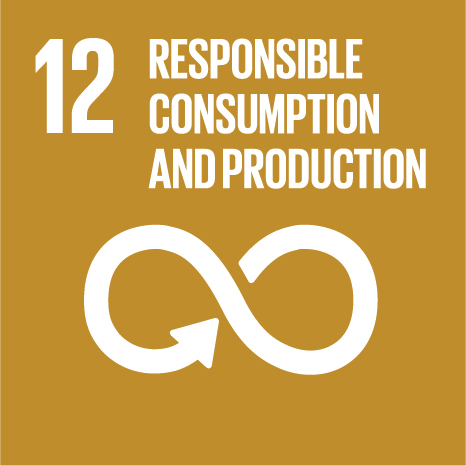
Promotes sustainable consumption and production.
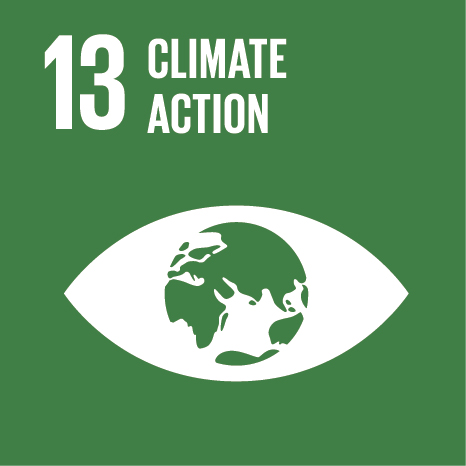
Combats climate change and its effects.
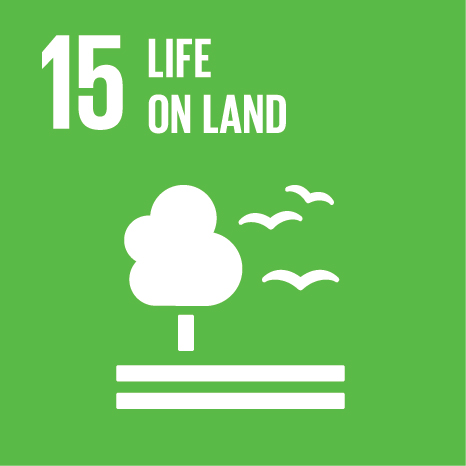
Safeguards ecosystems, forests, and biodiversity.
Breaking the cycle of smoke and poverty
Madagascar, the world’s fifth-largest island, faces a daily challenge that touches almost every family. Nearly 80% of its 30 million people live in extreme poverty. In most rural areas, cooking is still done on three-stone fires using wood and charcoal.
This practice is costly and destructive: households spend up to 30% of their income on fuel, or else spend hours every day collecting firewood. Women and children carry this burden most heavily. At the same time, indoor air pollution fills kitchens with toxic smoke, leading to respiratory illness.
The environmental toll is just as severe. Over the last two decades, Madagascar has lost about 25% of its tree cover. Deforestation accelerates droughts, undermines food security, and pushes wildlife such as the brown ruffed lemur closer to extinction. What seems like a simple fire is in fact a cycle of poverty, illness, and forest destruction.
Local innovation for cleaner kitchens
The Madagascar Improved Cook Stove Project (VCS2689) works with Malagasy communities to break this cycle. Since 2018, the project has manufactured and distributed more than 450,000 efficient biomass cookstoves and solar cookers to households across 7,703 villages.
The stoves are produced locally in factories that employ around 720 Malagasy workers. Women’s groups play a key role by training households in the use of stoves, ensuring adoption and trust. Each stove reduces fuel use by up to 70%, meaning less time collecting wood and less money spent on buying it. Families gain cleaner kitchens, healthier air, and more freedom to pursue education and work.
Measured benefits with wide reach
Education and empowerment
By saving hours previously spent collecting wood, women and children gain time for school or income-generating activities. The project trains communities in the use and maintenance of stoves, spreading skills and strengthening local ownership.
Climate benefits
The Verra-registered component of the program avoids about 37,950 tonnes of CO₂e each year. Across the broader initiative, annual reductions reach an estimated 1.12 million tonnes of CO₂e—equivalent to taking hundreds of thousands of cars off the road. These reductions are verified under Verra’s registry and align with international standards.
Forests and biodiversity
Because each stove reduces household fuel demand by 70%, deforestation pressure is eased. Forests get a reprieve, giving endangered species and fragile ecosystems a chance to recover. Slowing forest loss is critical for Madagascar’s unique biodiversity, much of which exists nowhere else on Earth.
Health and wellbeing
Replacing smoky open fires with efficient stoves has immediate health benefits. Families breathe cleaner air and suffer fewer smoke-related illnesses. Women and children, who spend the most time near the fire, experience reduced risks of asthma, chronic bronchitis, and eye irritation.
Jobs and economy
The project has created about 720 jobs in manufacturing, distribution, and monitoring. Local women’s groups are central to the program, training families and managing adoption. Income once spent on fuelwood can now be redirected to food, education, or healthcare, improving resilience at the household level.
Why it matters
For children, this means a classroom where learning continues uninterrupted.
For parents, it means relief from the daily burden of carrying firewood.
For cooks, it means safer working conditions.
For forests, it means fewer trees cut and more land restored.
For the climate, it means tens of thousands of tonnes of emissions avoided every year.
Every figure tells a story of people breathing cleaner air, forests standing longer, and students learning more.
How you can help
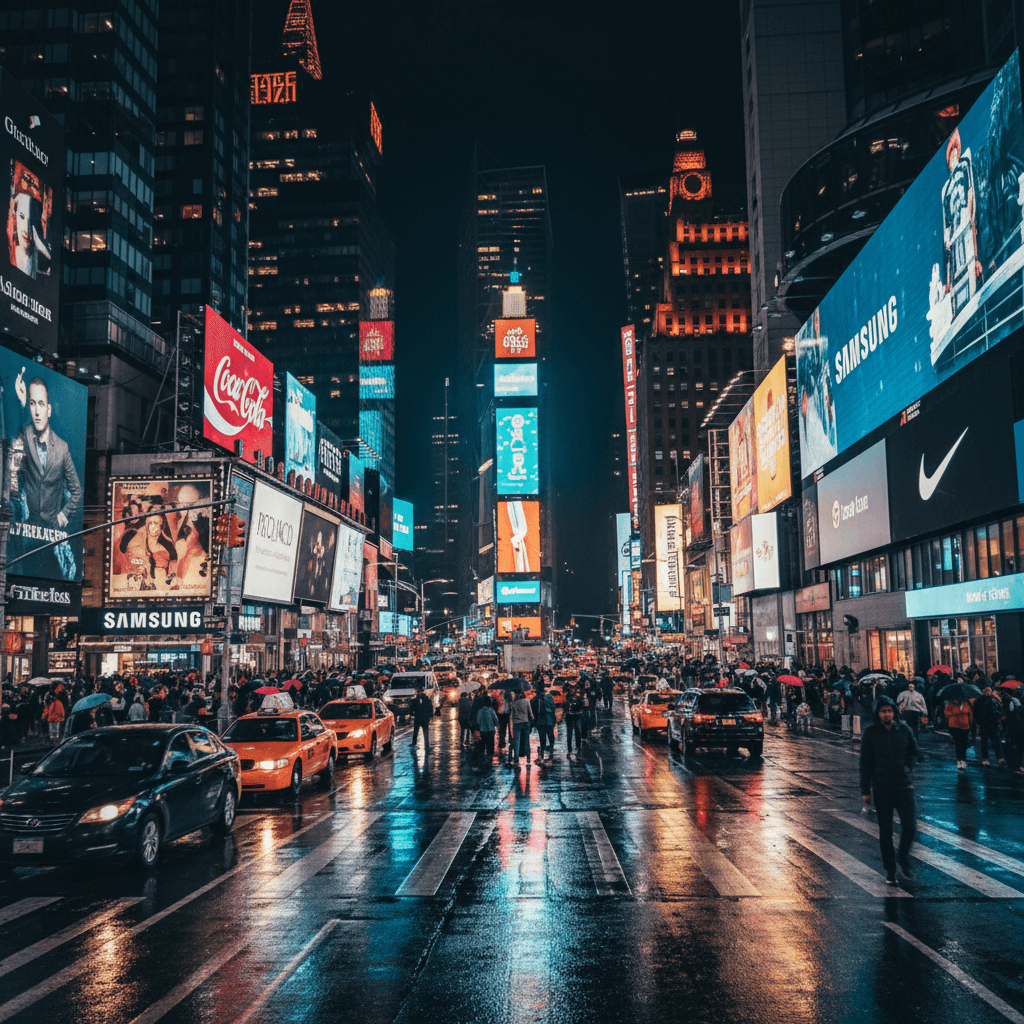
For Brands
Support projects like this by implementing the Puriphy Widget

For People
Start funding projects like this one with Puriphy
Want to dive deeper into this Project?
Timeline and verification
– Start date: 1 April 2021
– Registration: 7 December 2022
– First crediting period: 2021–2031
– Scope: 450,000 stoves delivered across 7,703 villages
– Standards: Registered with Verra (VCS2689)
– Verified emission reductions: ≈37,950 tCO₂e annually (Verra component)
– Wider program: ≈1.12 million tCO₂e avoided annually
Alignment with global goals
The Madagascar Improved Cook Stove Project contributes to several UN Sustainable Development Goals:
– SDG 3 – Good Health & Well-Being: reducing indoor smoke exposure.
– SDG 7 – Affordable & Clean Energy: stoves cut fuelwood use by up to 70%.
– SDG 8 – Decent Work & Economic Growth: about 720 jobs created in local supply chains.
– SDG 13 – Climate Action: 37,950 tCO₂e avoided annually under Verra, 1.12 million tCO₂e across the wider programme.
– SDG 15 – Life on Land: reduced fuel demand helps protect forests and biodiversity.

















